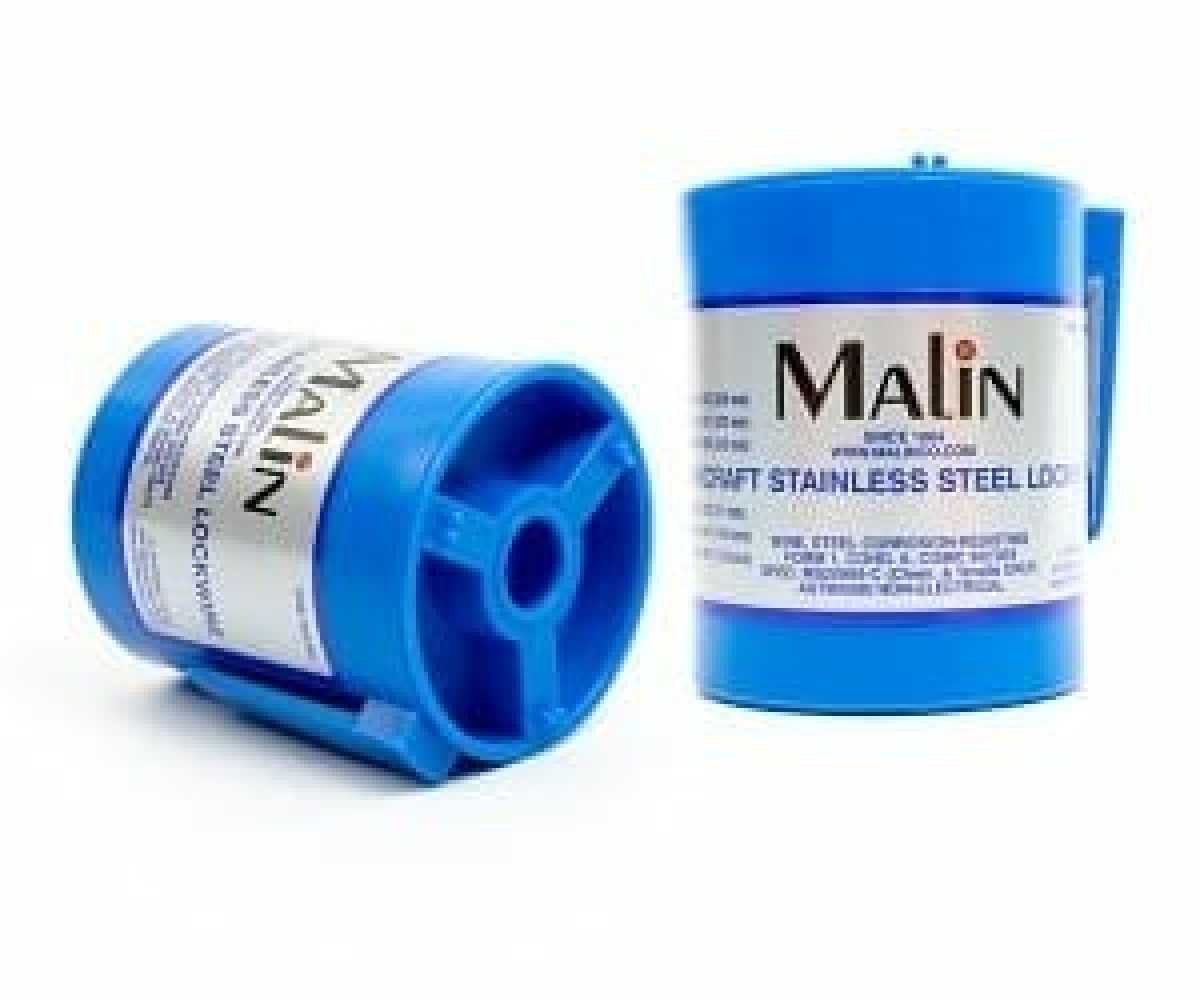The Truth Unraveled: Does Stainless Steel Contain Nickel?
- - Category: Industrial
- - 16 Nov, 2023
- - Views: 105
- Save

Does stainless steel contain nickel? Find your answer now!
Does Stainless Steel Contain Nickel
If you are in the market for stainless steel products, you may be wondering, "Does stainless steel contain nickel?" The short answer is yes, but the amount can vary depending on the specific alloy being used. In this article, we will explore the composition of stainless steel, the role of nickel in alloying stainless steel, and the advantages and disadvantages of using high-nickel alloys in stainless steel products.
Understanding the Composition of Stainless Steel
What is the difference between nickel alloy vs stainless steel? Stainless steel is an alloy made up of iron, chromium, and varying amounts of other elements such as nickel, molybdenum, and manganese. The exact composition of stainless steel can vary depending on the specific application and desired characteristics.
Does Stainless Steel Contain Nickel?
- Yes, stainless steel does contain nickel.
- Nickel is used in the alloying process of stainless steel.
- There are low-nickel or nickel-free options available in stainless steel.
Does Stainless Steel Contain Nickel?
Is nickel used in stainless steel? Yes, stainless steel does contain nickel. In fact, nickel is one of the primary elements used in the alloying process of stainless steel. However, the amount of nickel used can vary depending on the type of stainless steel alloy being produced.
The Role of Nickel in Alloying Stainless Steel
Nickel plays a significant role in the alloying process of stainless steel. It is added to the alloy to enhance its strength, toughness, and resistance to corrosion. Nickel also improves the ductility and weldability of stainless steel, making it easier to work with.
Common Types of Stainless Steel Alloys and Their Nickel Content
Stainless steel alloys come in various types, each with its unique characteristics and nickel content. The most common types of stainless steel are austenitic, ferritic, and martensitic. Austenitic stainless steel, which is the most widely used type, contains between 8% and 10.5% nickel. Ferritic stainless steel contains very little nickel, usually less than 1%. Martensitic stainless steel contains between 1% and 14% nickel.
Is Nickel Used in Stainless Steel Wire?
Stainless steel wire is a popular product used in various applications, including jewelry making, medical devices, and industrial manufacturing. The amount of nickel in stainless steel wire can vary depending on the specific grade being used. For example, 304 stainless steel wire contains between 8% and 10.5% nickel, while 316 stainless steel wire contains between 10% and 14% nickel.
How to Identify Low-Nickel or Nickel-Free Stainless Steel
If you have a nickel allergy or simply prefer to use low-nickel or nickel-free stainless steel products, there are a few ways to identify them. One way is to look for products labeled as "low-nickel" or "nickel-free". Another way is to check the material composition of the product. Products made from ferritic stainless steel or nickel-free alloys such as titanium or niobium are often a good choice for those with nickel sensitivities.
Advantages and Disadvantages of Using High-Nickel Alloys in Stainless Steel Products
While high-nickel alloys offer several benefits such as increased strength and corrosion resistance, they also come with some disadvantages. High-nickel alloys can be more expensive than low-nickel or nickel-free alloys, making them less cost-effective for certain applications. Additionally, some people may experience skin irritation or allergic reactions when exposed to high levels of nickel.
Exploring Alternatives: Non-Nickel Alloys for Specific Applications
For applications where nickel is not desired or suitable, there are several non-nickel alloys available. Titanium and niobium are two popular non-nickel alloys used in the production of jewelry and medical devices. These alloys offer many of the same benefits as stainless steel, such as durability and resistance to corrosion, without the risk of nickel sensitivities.
Type of Stainless Steel Alloy
Nickel Content
Austenitic
8% - 10.5%
Ferritic
<1%
Martensitic
1% - 14%
Health Effects of Long-Term Exposure to Nickel in Stainless Steel Products
Long-term exposure to nickel in stainless steel products has been linked to various health effects, including skin irritation, allergic reactions, and respiratory problems. Individuals with a nickel sensitivity or allergy may be particularly at risk. It is important to take precautions when working with stainless steel products, such as wearing gloves and a respirator, to minimize exposure.
Applications Where Low-Nickel or Nickel-Free Stainless Steel Products are Commonly Used
Low-nickel or nickel-free stainless steel products are commonly used in industries such as healthcare, food processing, and jewelry making. In the healthcare industry, nickel-free alloys are often used in medical implants and devices to reduce the risk of adverse reactions in patients. In the food processing industry, low-nickel stainless steel is used to prevent contamination of food products.
Environmental Impacts of Producing and Using Stainless Steel Products
The production and use of stainless steel products can have environmental impacts, such as the depletion of natural resources and the generation of hazardous waste. However, efforts are being made to reduce these impacts through the use of sustainable practices and the development of new technologies.
Making Informed Choices about Stainless Steel Products
In conclusion, stainless steel does contain nickel, but the amount can vary depending on the specific alloy being used. For those with nickel sensitivities or those looking for low-nickel or nickel-free products, there are several options available. By understanding the composition of stainless steel and its alloys, you can make informed choices about the products you purchase. Whether you are in the healthcare, food processing, or construction industry, stainless steel remains a versatile and reliable material that can meet your needs.
Insider Tip: When buying stainless steel products, check the label or material composition to ensure it meets your specific needs. If you have a nickel sensitivity, opt for low-nickel or nickel-free products made from ferritic stainless steel or non-nickel alloys like titanium or niobium.
